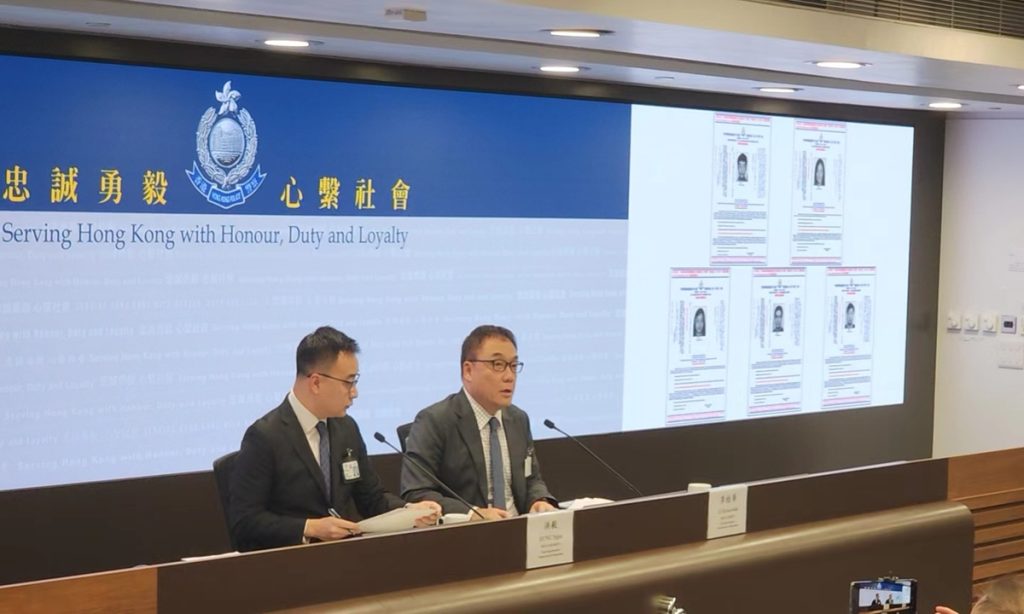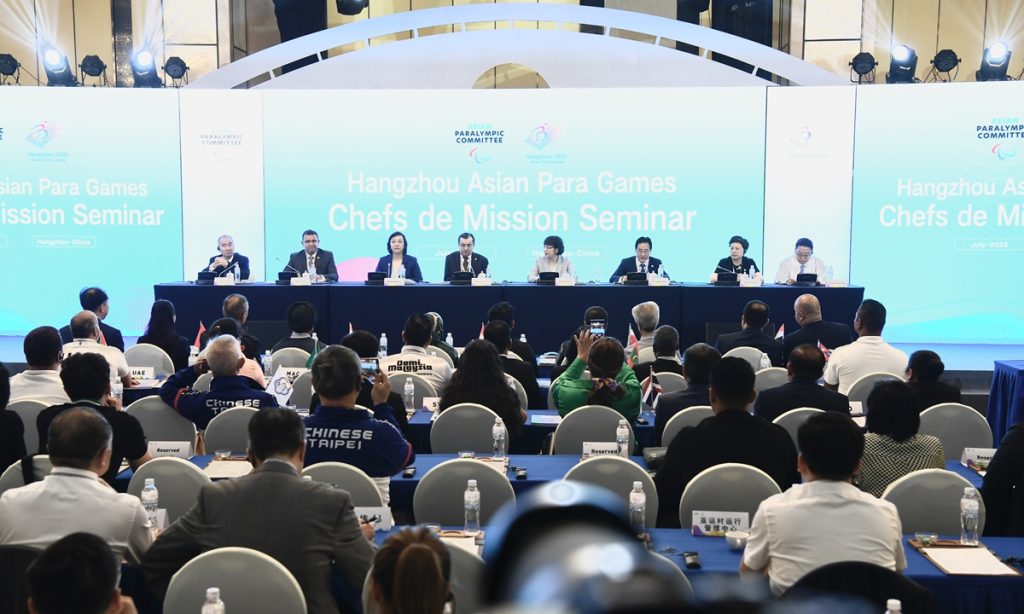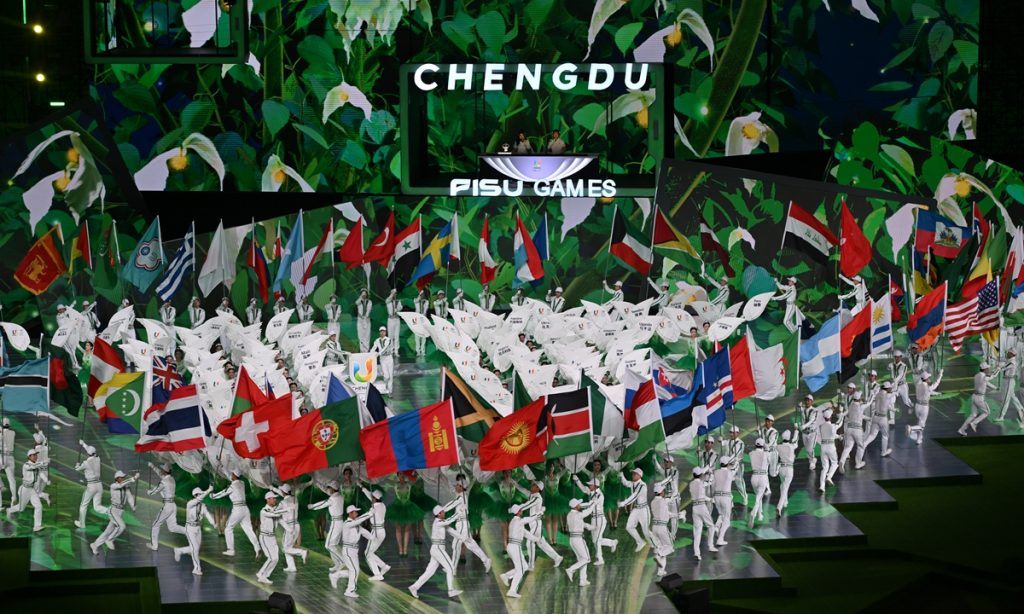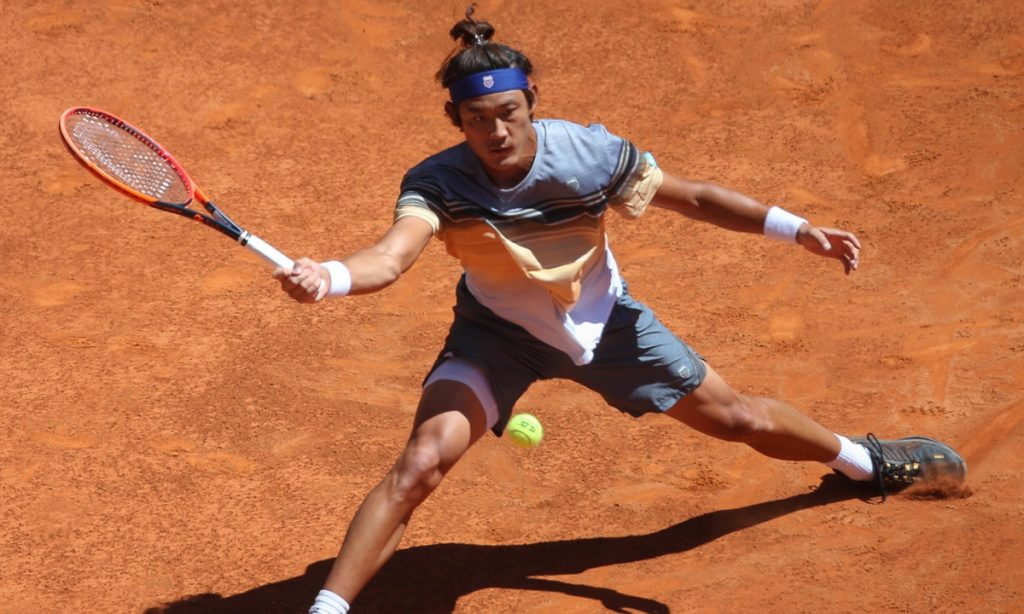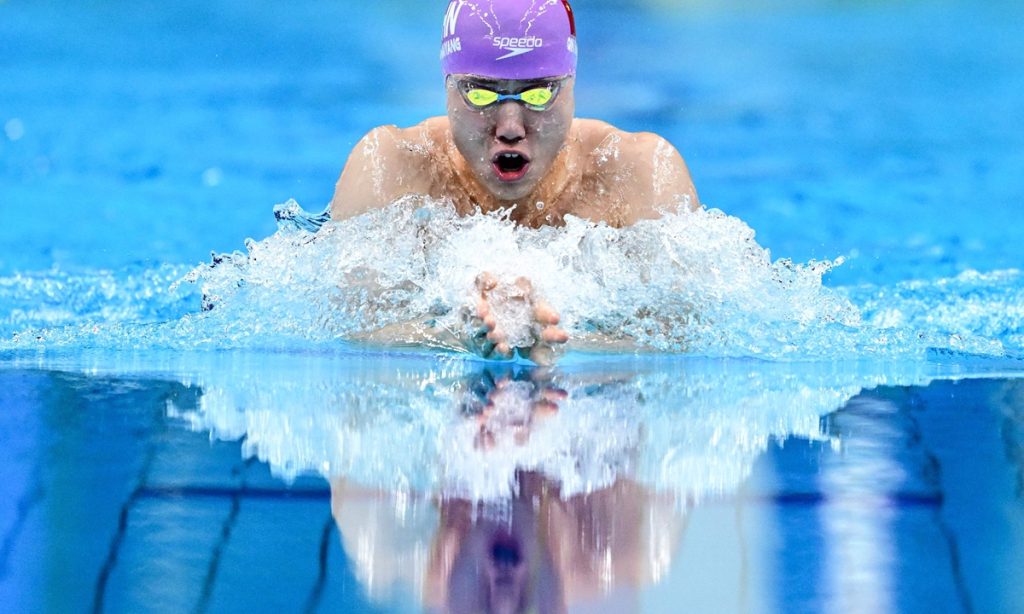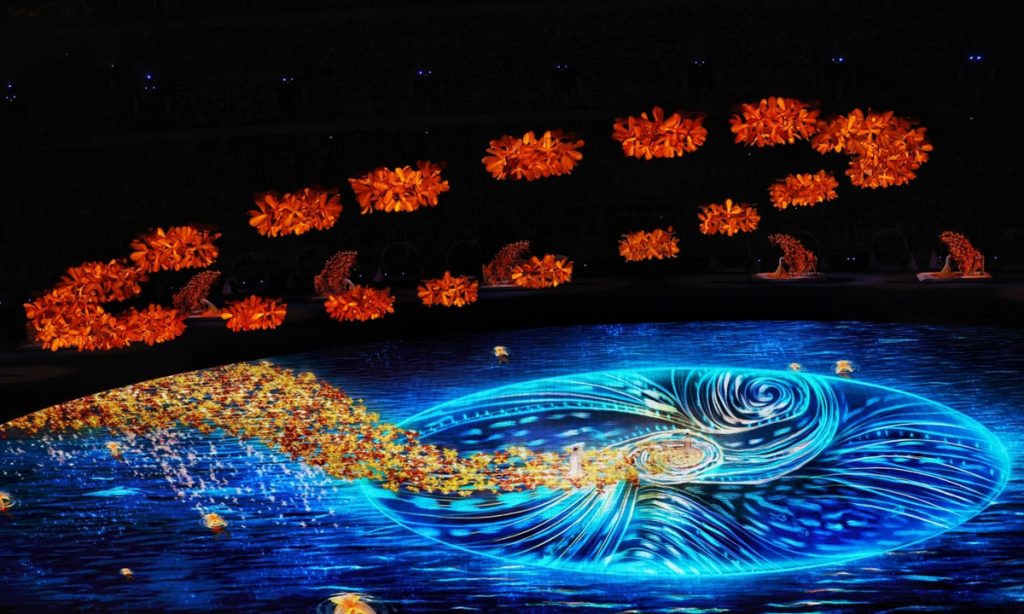Foreign geographic information software collects sensitive data, posing threat to national security: ministry

China's national security agencies have discovered that foreign geographic information system software used in important industries in China has been collecting and transmitting geographic information data with some of the information collected involving state secrets, posing a serious threat to national security, China's Ministry of State Security said on Monday, noting that national security agencies will establish and improve a collaborative mechanism for data security protection to safeguard the protection of important national data.
Geographic information data are not only an important strategic data resource, but also a new production factor that can be widely applied in various industries, however, some organizations and individuals with ulterior motives have attempted to steal sensitive geographic information data using geographic information system software, according to an article released on the ministry's WeChat public account on Monday.
Geographic information system software is professional software that has functions such as geographic information data collection, storage, analysis, management, and sharing. Such software has powerful functions and can annotate various types of geographic information collected on maps, and analyze and display them in various formats. Coordinate accuracy can even reach the centimeter level.
However, some foreign organizations, institutions, and individuals have set their sights on the geographic information data, attempting to conduct intelligence espionage activities using geographic information system software, according to the WeChat article.
The methods of these foreign organizations and individuals include automatically connecting to foreign servers during software usage to collect user data without restrictions, and pre-installing backdoors in the software to facilitate network attacks and data theft.
Moreover,a small number of users have limited awareness of data security and mark high-precision geographic coordinates of urban pipelines, military targets, and sensitive units on maps, creating serious risks of leakage and potential irreparable losses, according to the article.
It also noted that geographic data are a high-value intelligence resource and are a key target for foreign intelligence agencies' espionage activities.
"By stealing high-precision geographic information data from our country, they can reconstruct three-dimensional topographic maps of specific areas in important fields such as transportation, energy, and military, providing crucial support for reconnaissance, surveillance, and military operations, posing a serious threat to our military security," the ministry said.
Recently, national security agencies have discovered that foreign geographic information system software used in important domestic industries has been collecting and transmitting geographic information data, and some of the data are important and sensitive, even involving state secrets, posing a serious threat to our national security.
In response, national security agencies, together with relevant departments, are conducting special investigations and governance of geographic information data security risks, guiding and assisting relevant units in conducting inspections and rectifications, and promptly eliminating major security risks such as data theft and leakage.
China's data security law stipulates that data processing activities should be carried out in accordance with the provisions of laws and regulations, establish and improve a comprehensive data security management system, organize data security education and training, adopt corresponding technical measures and other necessary measures to ensure data security.
When units and individuals engage in geographic information data collection and processing activities, they should choose secure and reliable geographic information system software, set strict access permissions based on the importance of the data, and ensure no sensitive information is available on the internet.
National security agencies will establish and improve a collaborative mechanism for data security protection in cooperation with relevant departments to jointly safeguard the protection of important national data, the Ministry of State Security said in the article.
The ministry also warned that the theft, espionage, bribery, or illegal provision of data that arerelated to national security and interests by foreign organizations, institutions, individuals, or collusion with domestic organizations, institutions, individuals constitute espionage under Chinese law.
Citizens who discover such behaviors can report them by calling the 12339 tip-off hotline, logging on to the www.12339.gov.cn , or reporting to the national security agencies through the official WeChat account, the article instructed.
